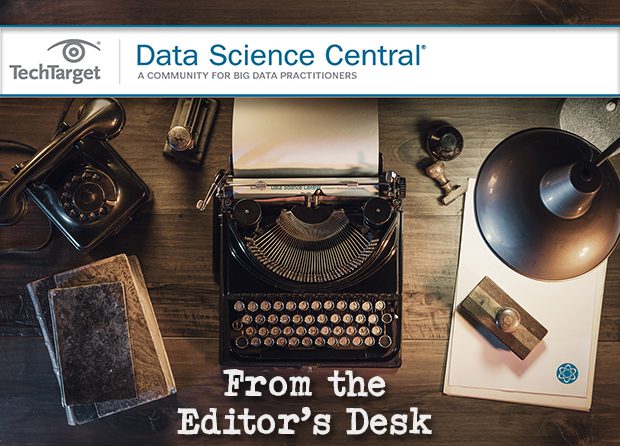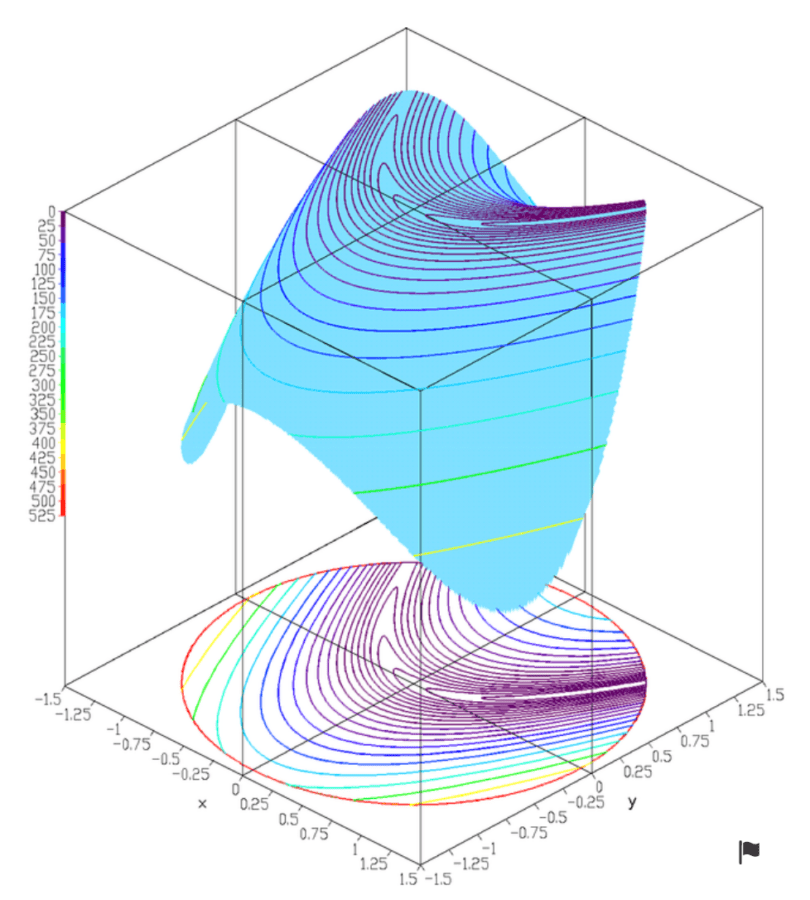
Will Machine Learning Replace Programming?A combination of faster machines, more multicore processors, and new algorithms have propelled machine learning to become the hot new technology of the 2020s. While there are a number of variations on the theme, most machine learning works by training neural networks to create complex n-dimensional surfaces, a twenty-first century analog of Fourier Transforms, that can then be used to drive models. Increasingly, static models have given way to dynamic ones, where the model is trained to not only deal with a base set of data but where new data continuously refreshes the model to take into account changes in the environment. Not surprisingly, this makes the model seem increasingly life-like, as this reinforcement learning mimics how living objects react to their environment, changing in response to their environment while simultaneously pushing out older, less relevant modeling. This has made machine learning algorithms attractive in fields such as robotics, process automation, augmentation systems, even user interface design, and smart materials production – in other words, many of the same places that human-designed algorithms have traditionally been used. The rise of No Code solutions is emblematic of that – in effect, you’re teaching computers how to program then letting them solve the problems that human programmers once tackled. AIDevOps reflects this concept as well. This is not necessarily a new idea, by the way. Up until the early 1980s, most compilers were laboriously optimized by hand. Today, computers configure far better optimizations than humans can. This same philosophy underlies the whole machine learning wave, but at the same time it comes at a significant cost: we understand less and less about how computers do their magic, as such machine-generated algorithms are effectively emergent, rather than declared, behavior. This is one of the reasons why we need to be cautious in ceding too much power too early to machine learning too early, even as cost imperatives drive such advances. This is why we run Data Science Central, and why we are expanding its focus to consider the width and breadth of digital transformation in our society. Data Science Central is your community. It is a chance to learn from other practitioners, and a chance to communicate what you know to the data science community overall. I encourage you to submit original articles and to make your name known to the people that are going to be hiring in the coming year. As always let us know what you think. In media res, Announcements
DSC Featured Articles
TechTarget Articles
|



